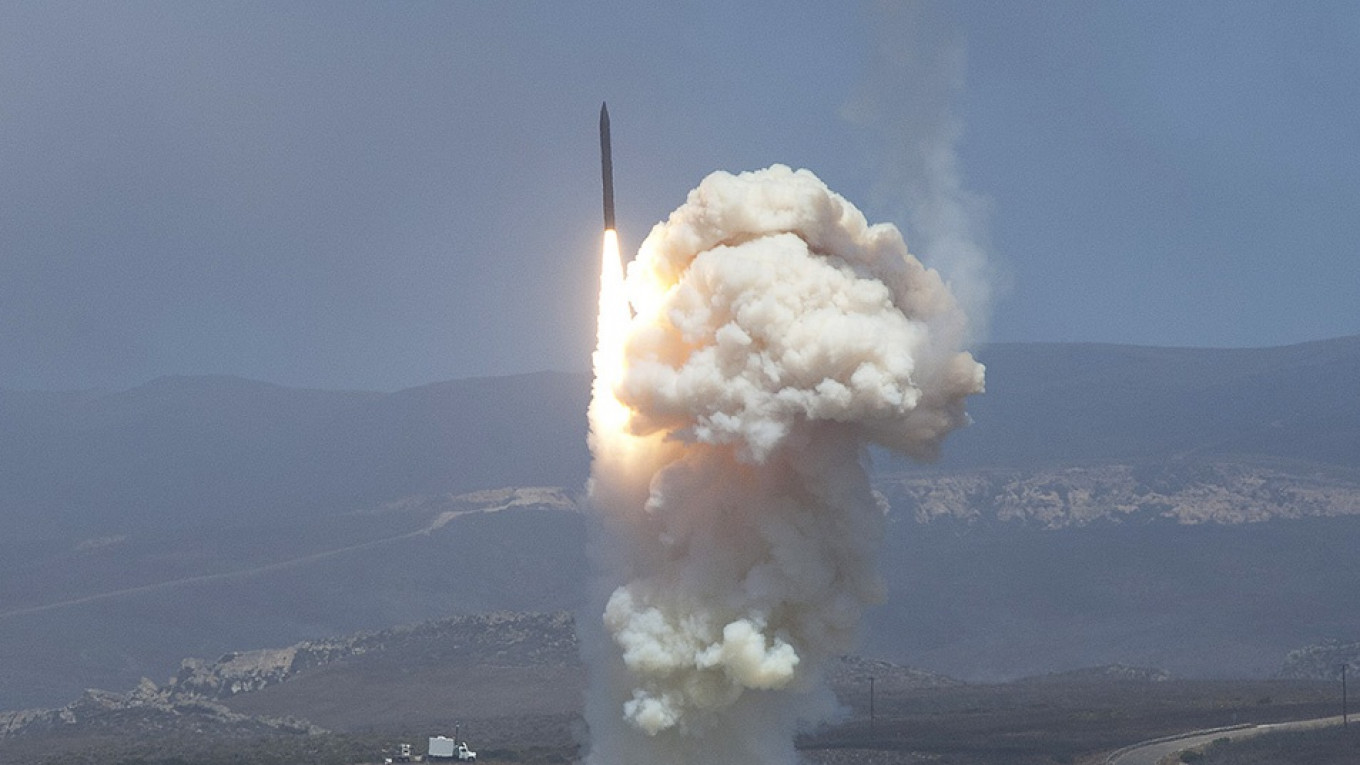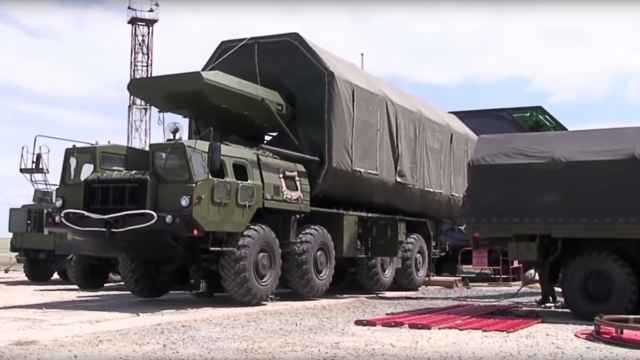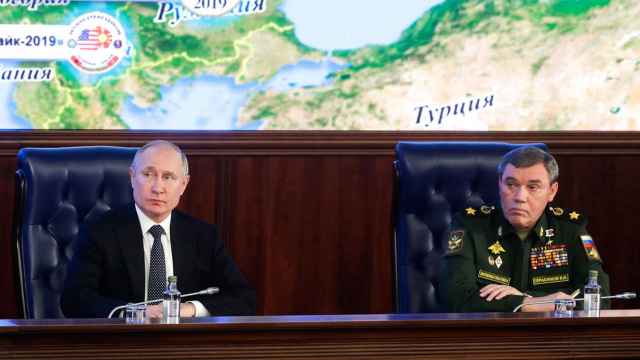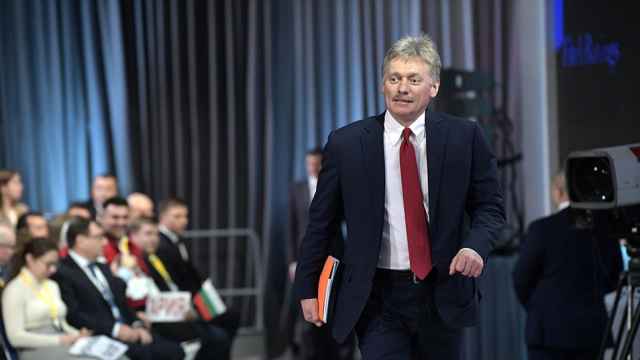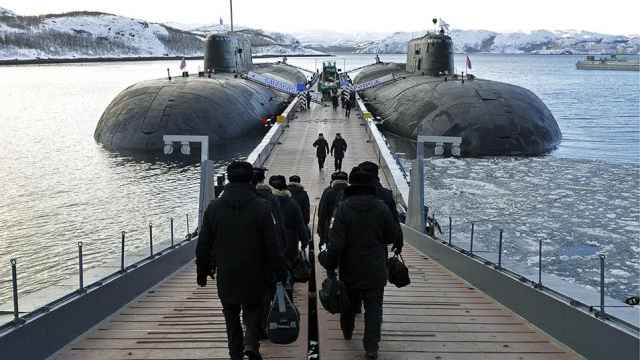The Netherlands accused Russia on Monday of developing a prohibited cruise missile in violation of the Intermediate-Range Nuclear Forces (INF) Treaty.
The 1987 INF treaty, considered a major arms control accomplishment of the Cold War, forbids the development of missiles with a range of more than 500 kilometers. Last month, both NATO and the U.S. accused Russia of violating the treaty.
“The Netherlands can independently confirm that Russia has developed and is currently introducing a ground-based cruise weapon," the country’s Foreign and Defense Ministers wrote in a joint letter published on the website of the lower house of the Dutch parliament on Tuesday.
Citing unspecified intelligence reports, the ministers said Moscow had developed a SSC-8 missile that has a range of over 500 kilometers, which violates the terms of the INF treaty.
The ministers said the violation “cannot remain unanswered” and vowed that the country would “closely cooperate with the United States and other NATO allies on the future of the INF Treaty.”
Last month, U.S. President Donald Trump warned that Washington could pull out of the treaty over alleged Russian violations.
The U.S. has previously accused Moscow of developing and deploying a ground-launched system in breach of the INF treaty that could allow it to launch a nuclear strike on Europe at short notice.
Russia has consistently denied any violations and warned that it would retaliate if the U.S. withdrew from the accord.
A Message from The Moscow Times:
Dear readers,
We are facing unprecedented challenges. Russia's Prosecutor General's Office has designated The Moscow Times as an "undesirable" organization, criminalizing our work and putting our staff at risk of prosecution. This follows our earlier unjust labeling as a "foreign agent."
These actions are direct attempts to silence independent journalism in Russia. The authorities claim our work "discredits the decisions of the Russian leadership." We see things differently: we strive to provide accurate, unbiased reporting on Russia.
We, the journalists of The Moscow Times, refuse to be silenced. But to continue our work, we need your help.
Your support, no matter how small, makes a world of difference. If you can, please support us monthly starting from just $2. It's quick to set up, and every contribution makes a significant impact.
By supporting The Moscow Times, you're defending open, independent journalism in the face of repression. Thank you for standing with us.
Remind me later.


